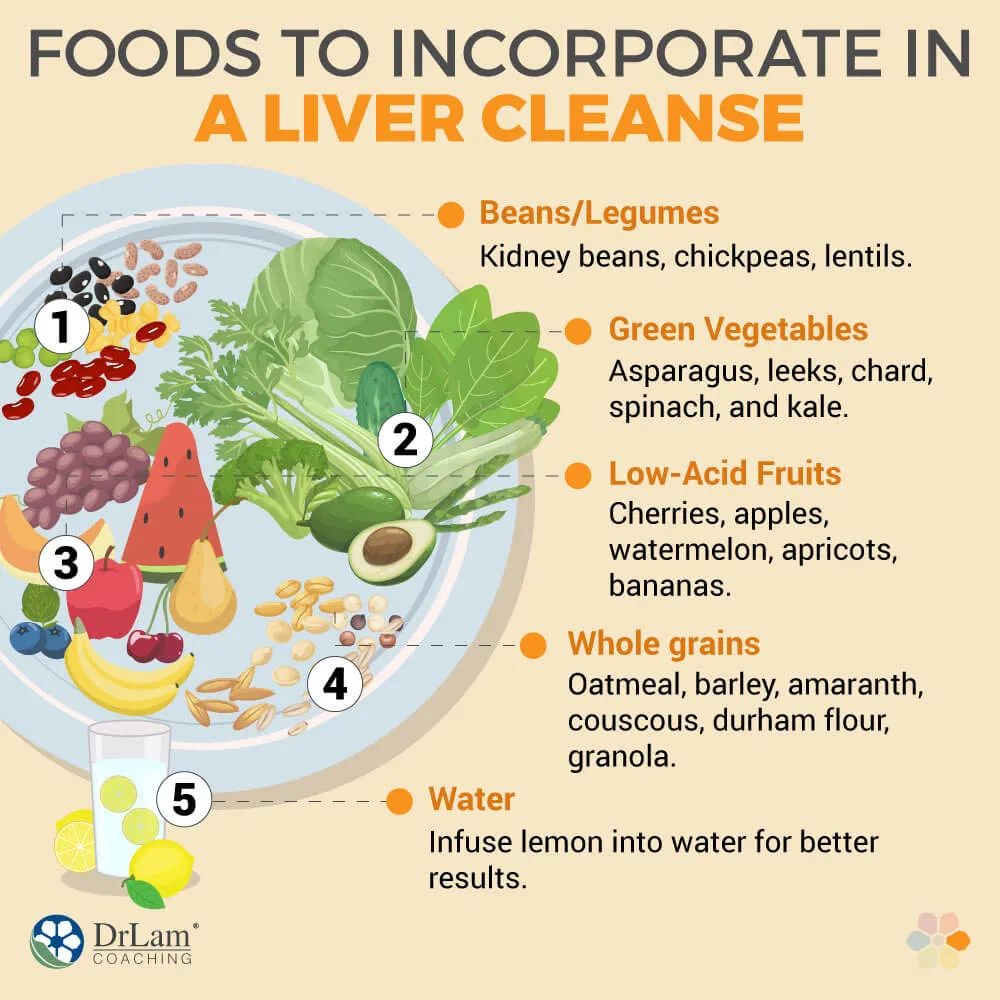The liver is one of the most vital organs in the body, responsible for a wide range of functions that are essential for overall health. From filtering toxins from the blood to aiding in digestion and storing essential nutrients, the liver plays a crucial role in maintaining the body’s balance and keeping it functioning properly. Unfortunately, the liver can become overworked and damaged due to factors such as poor diet, excessive alcohol consumption, and certain medications. This can lead to liver diseases such as fatty liver disease, hepatitis, and cirrhosis, all of which can have serious consequences for health.
Fortunately, there are many natural ways to keep your liver healthy and functioning optimally. By incorporating these strategies into your daily routine, you can help support your liver and reduce the risk of developing liver diseases. In this article, we will explore some of the best natural ways to keep your liver healthy, as well as provide answers to some frequently asked questions about liver health.
1. Eat a healthy diet
One of the most important things you can do to keep your liver healthy is to eat a nutritious diet that is rich in fruits, vegetables, whole grains, and lean proteins. Avoid processed foods, sugary drinks, and excessive amounts of alcohol, as these can all contribute to liver damage. Instead, focus on eating foods that are high in antioxidants, such as berries, spinach, and nuts, which can help protect the liver from oxidative stress.
2. Stay hydrated
Drinking plenty of water is essential for liver health, as it helps to flush toxins out of the body and keep the liver functioning properly. Aim to drink at least eight glasses of water a day, and consider adding in herbal teas or lemon water for added detoxification benefits.
3. Exercise regularly
Regular exercise is not only good for your overall health, but it can also help support liver function. Exercise helps to improve circulation, reduce inflammation, and regulate blood sugar levels, all of which can benefit the liver. Aim for at least 30 minutes of moderate exercise most days of the week, such as walking, cycling, or swimming.
4. Limit alcohol consumption
Excessive alcohol consumption can have a detrimental effect on the liver, leading to inflammation, fatty liver disease, and even cirrhosis. If you choose to drink alcohol, do so in moderation and be sure to give your liver a break by abstaining from alcohol for several days a week.
5. Avoid smoking
Smoking is not only harmful to your lungs, but it can also have a negative impact on liver health. Smoking can increase inflammation in the liver and reduce its ability to function properly. If you smoke, consider quitting to help protect your liver and improve your overall health.
6. Maintain a healthy weight
Being overweight or obese can increase the risk of developing fatty liver disease, a condition in which fat builds up in the liver and can lead to inflammation and scarring. By maintaining a healthy weight through a combination of diet and exercise, you can reduce the risk of fatty liver disease and other liver-related conditions.
7. Get regular check-ups
Regular check-ups with your healthcare provider can help catch any potential liver issues early on, when they are easier to treat. Be sure to discuss your liver health with your provider and ask about any tests or screenings that may be appropriate for you.
8. Consider natural supplements
There are a number of natural supplements that may help support liver health, such as milk thistle, turmeric, and dandelion root. These supplements have been shown to have antioxidant and anti-inflammatory properties that can help protect the liver from damage. Be sure to talk to your healthcare provider before starting any new supplement regimen.
FAQs about Liver Health
Q: What are the symptoms of liver disease?
A: Some common symptoms of liver disease include fatigue, jaundice (yellowing of the skin and eyes), abdominal pain, and swelling of the abdomen.
Q: How can I tell if my liver is healthy?
A: Your healthcare provider can perform blood tests and imaging studies to assess the health of your liver. These tests can help identify any potential issues early on.
Q: Can liver damage be reversed?
A: In some cases, liver damage can be reversed with lifestyle changes such as diet, exercise, and limiting alcohol consumption. However, advanced liver disease may require more intensive treatment, such as medication or surgery.
Q: Are there any foods that are particularly good for liver health?
A: Foods that are high in antioxidants, such as berries, spinach, and nuts, are particularly good for liver health. Additionally, foods that are high in fiber, such as whole grains and legumes, can help support liver function.
Q: How often should I get my liver checked?
A: Your healthcare provider can recommend how often you should get your liver checked based on your individual risk factors. In general, it is a good idea to get regular check-ups with your provider to monitor your liver health.
In conclusion, keeping your liver healthy is essential for overall health and well-being. By incorporating natural strategies such as eating a healthy diet, staying hydrated, exercising regularly, and limiting alcohol consumption, you can help support your liver and reduce the risk of developing liver diseases. Be sure to talk to your healthcare provider about any concerns you may have regarding your liver health and to discuss any additional steps you can take to keep your liver functioning optimally.


